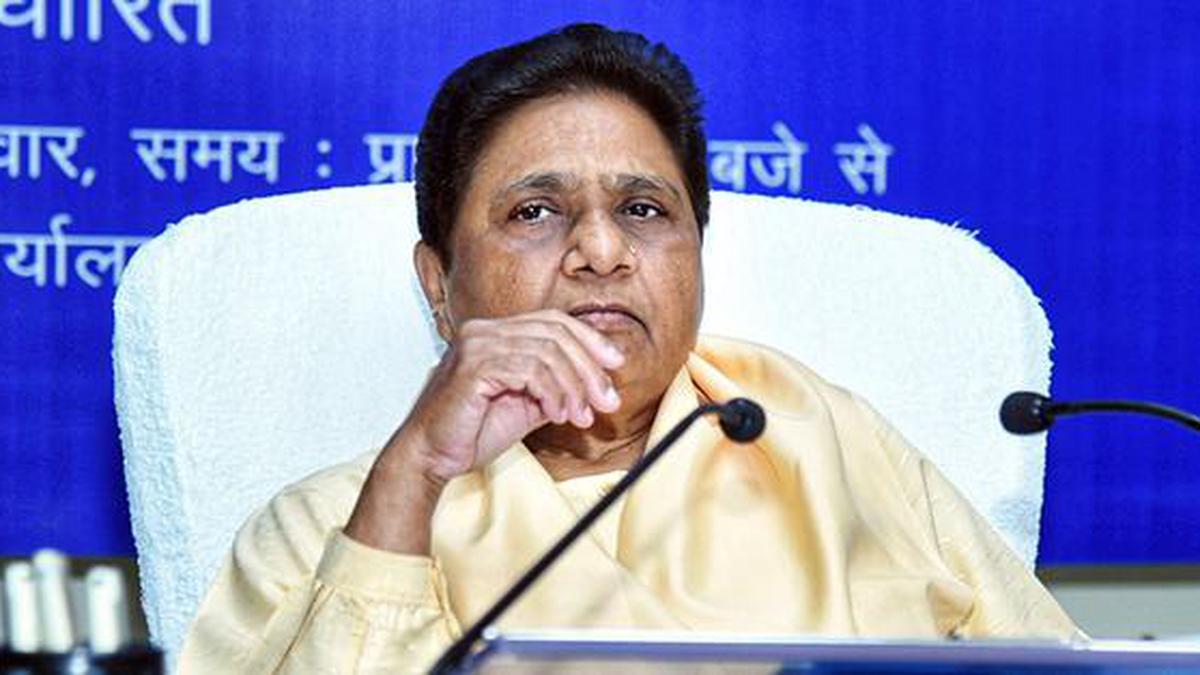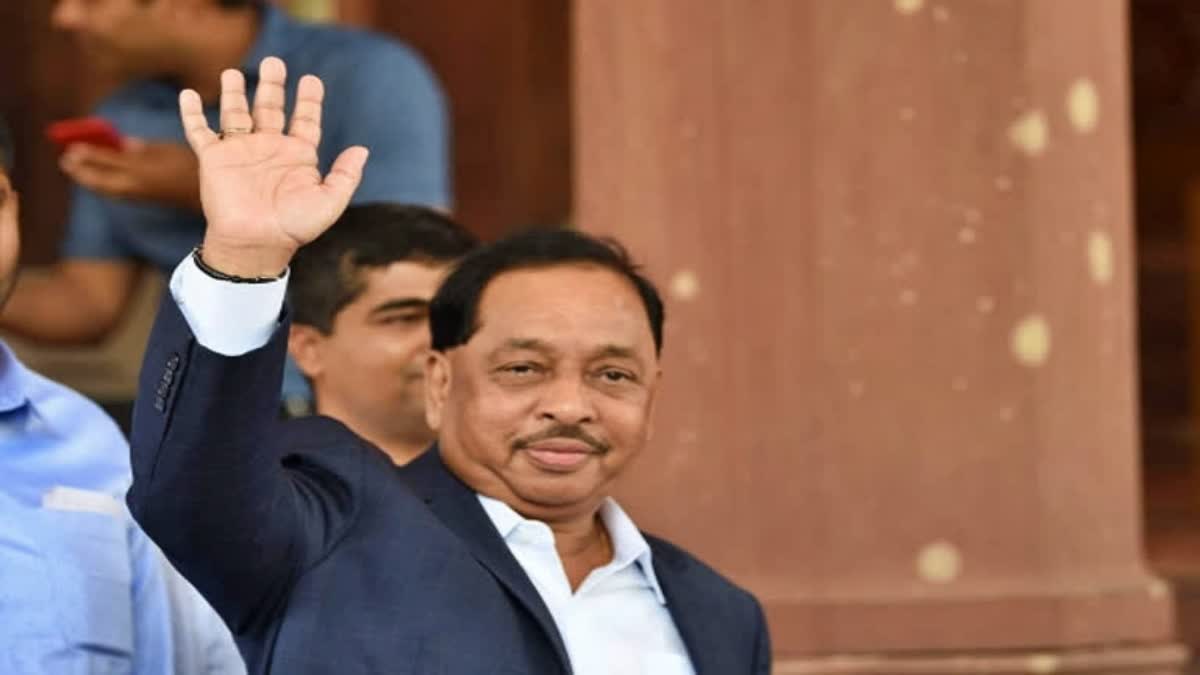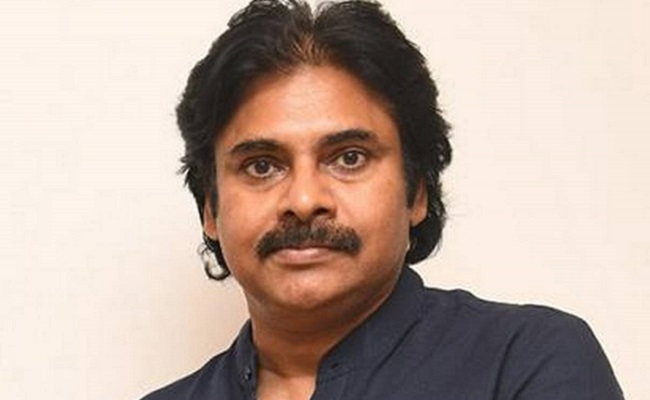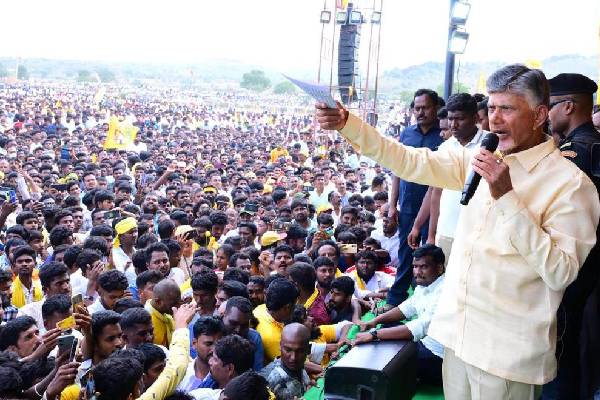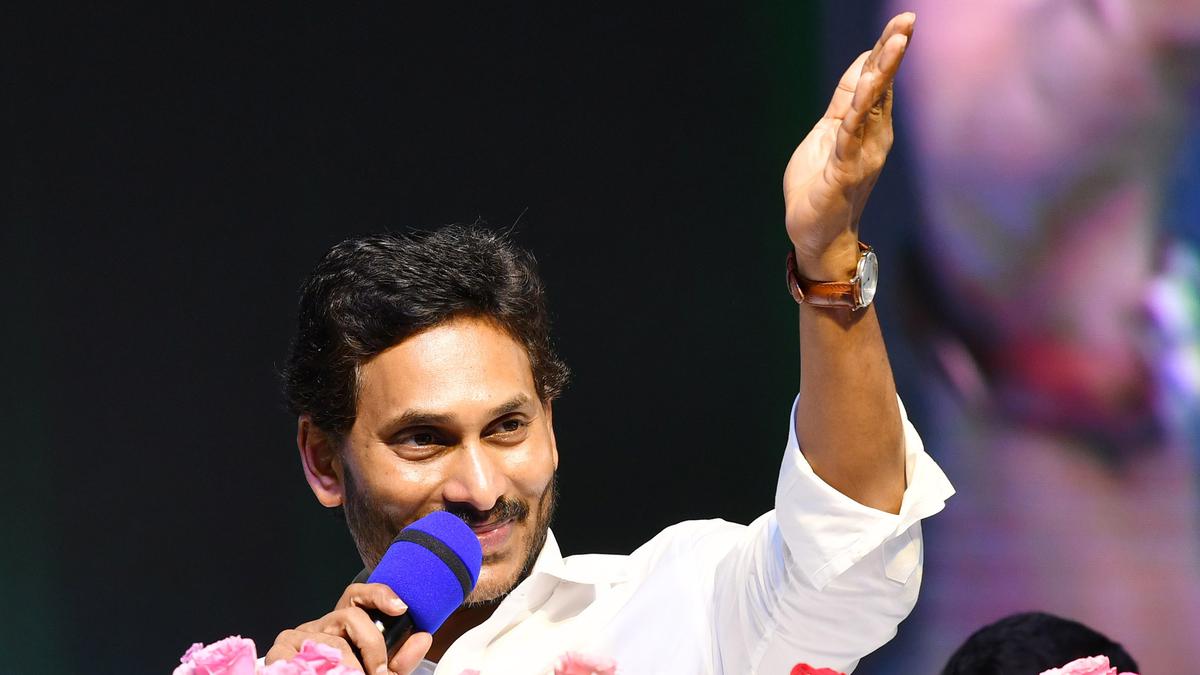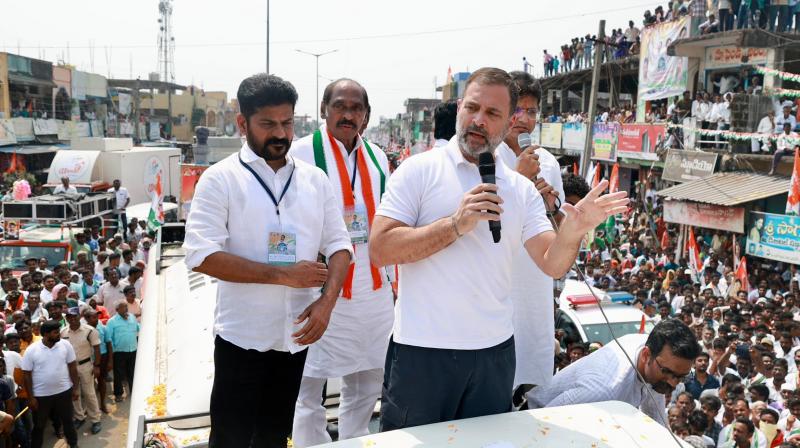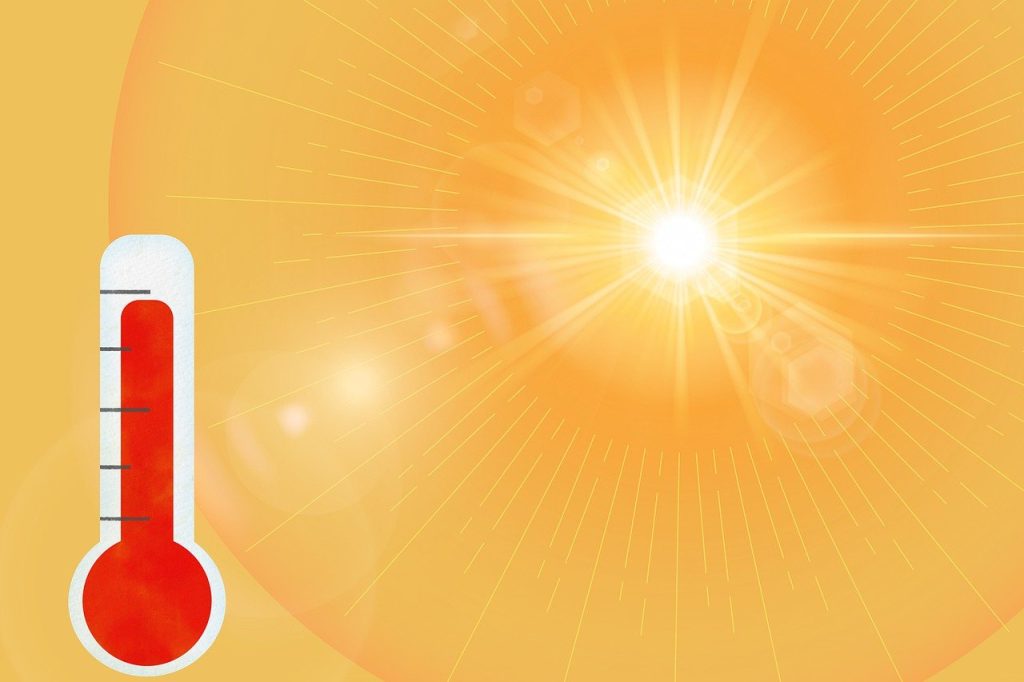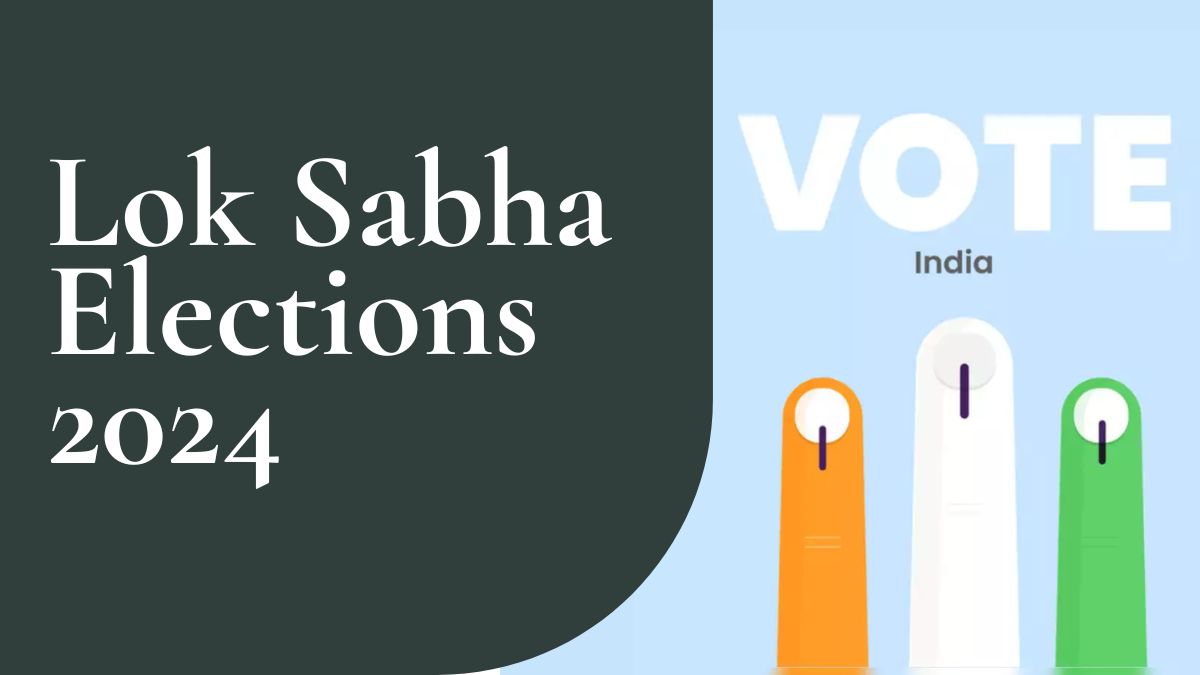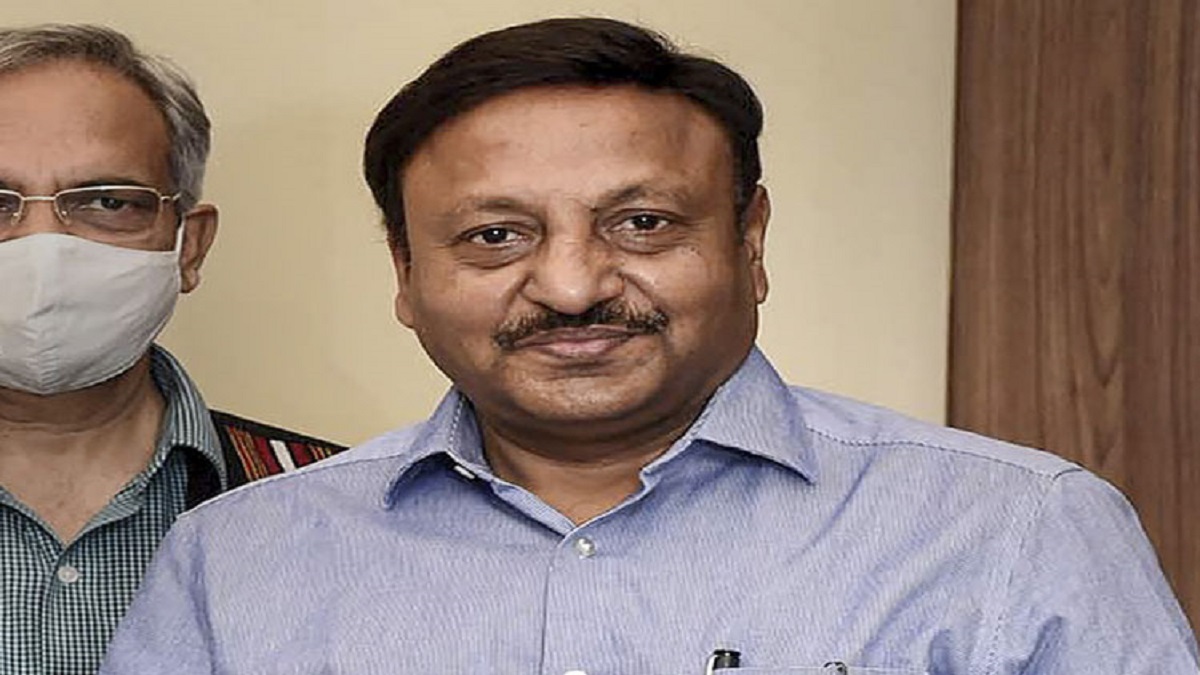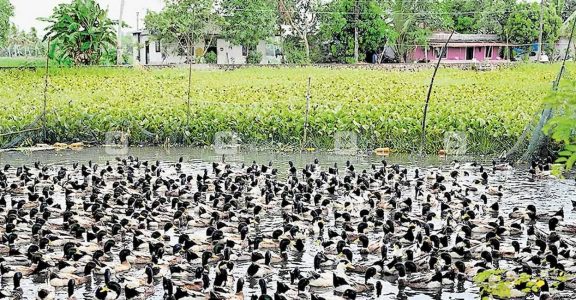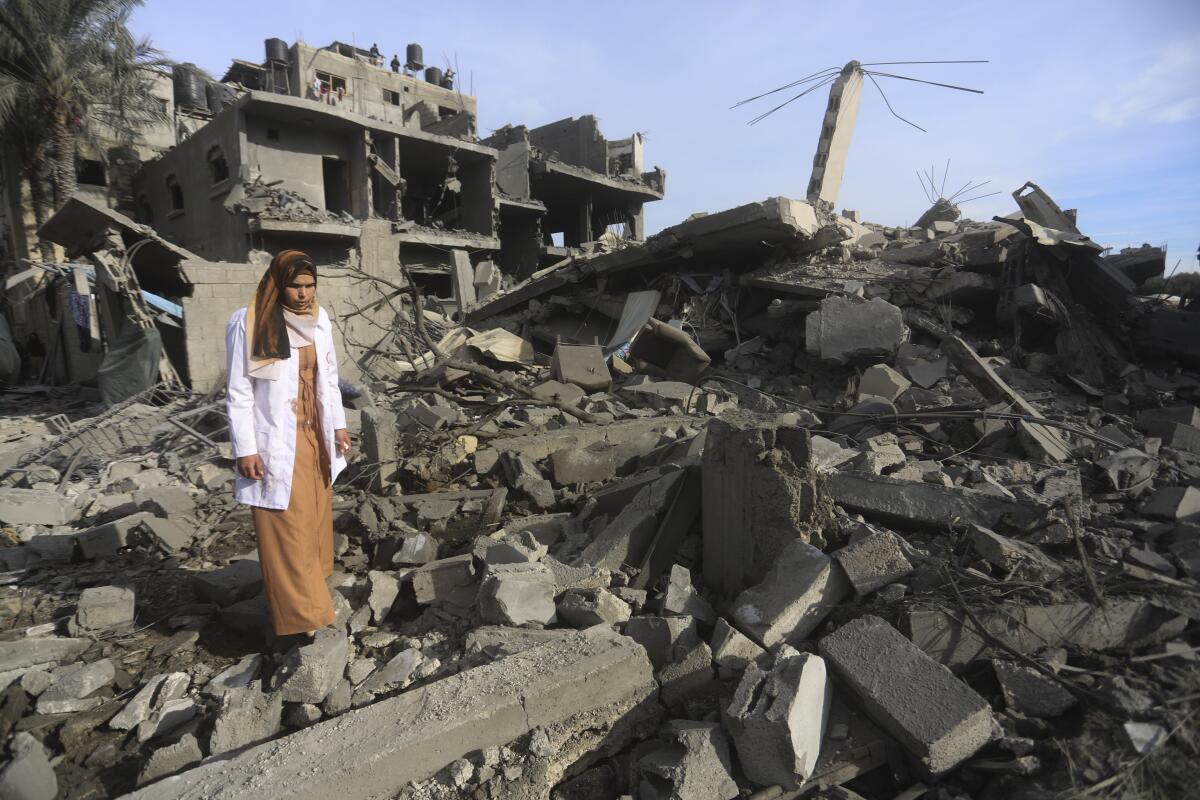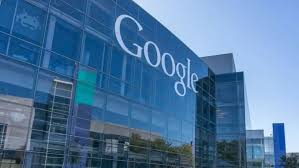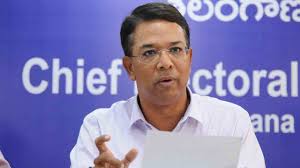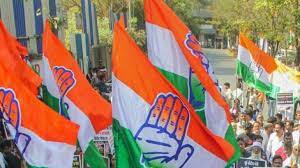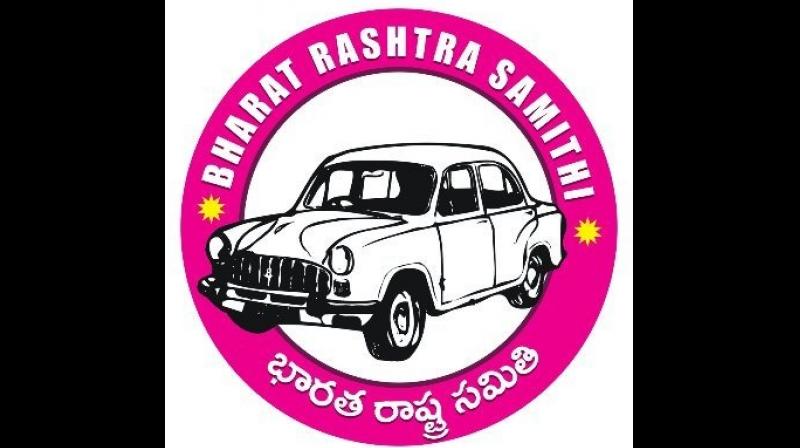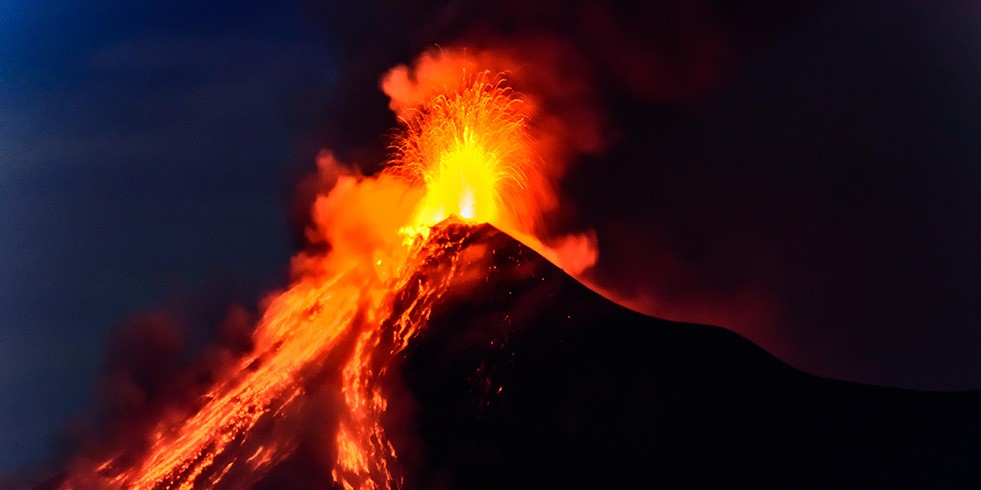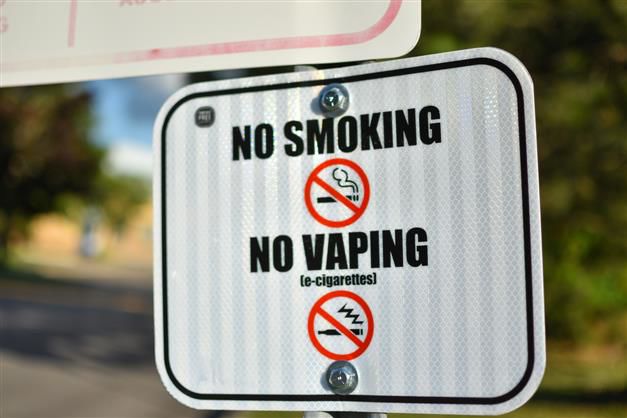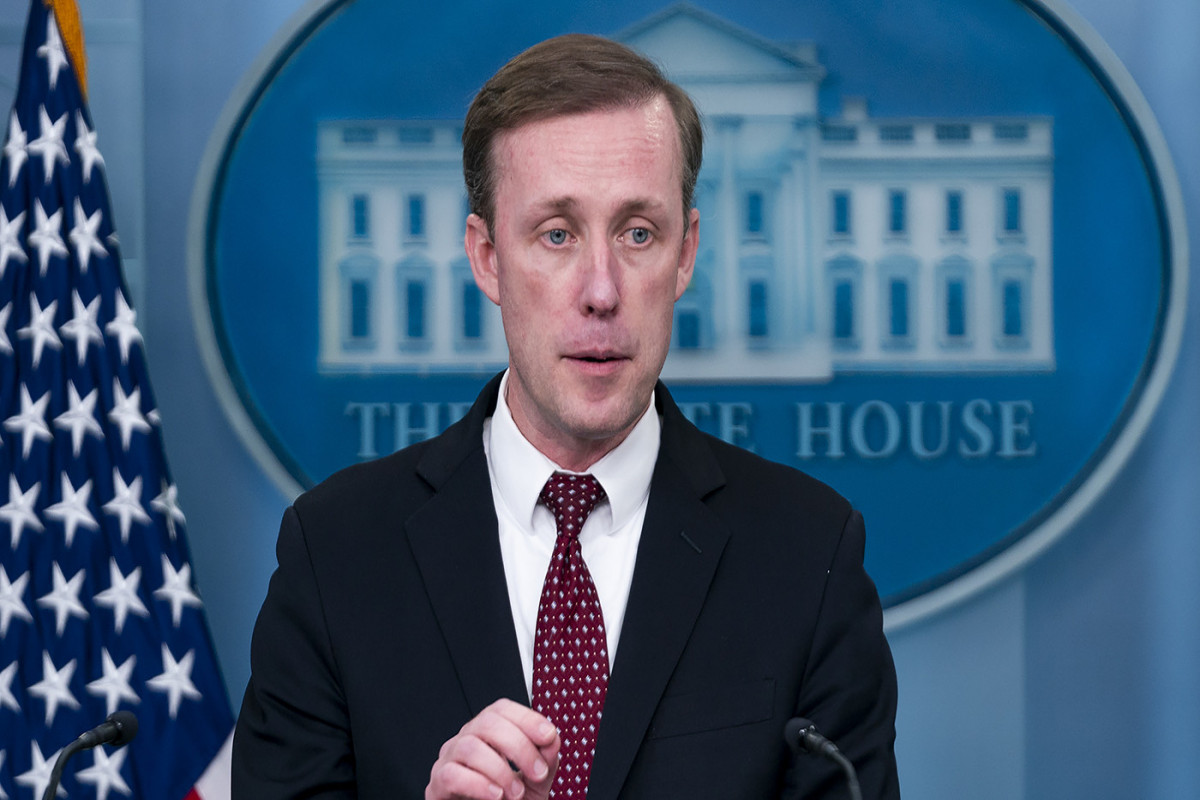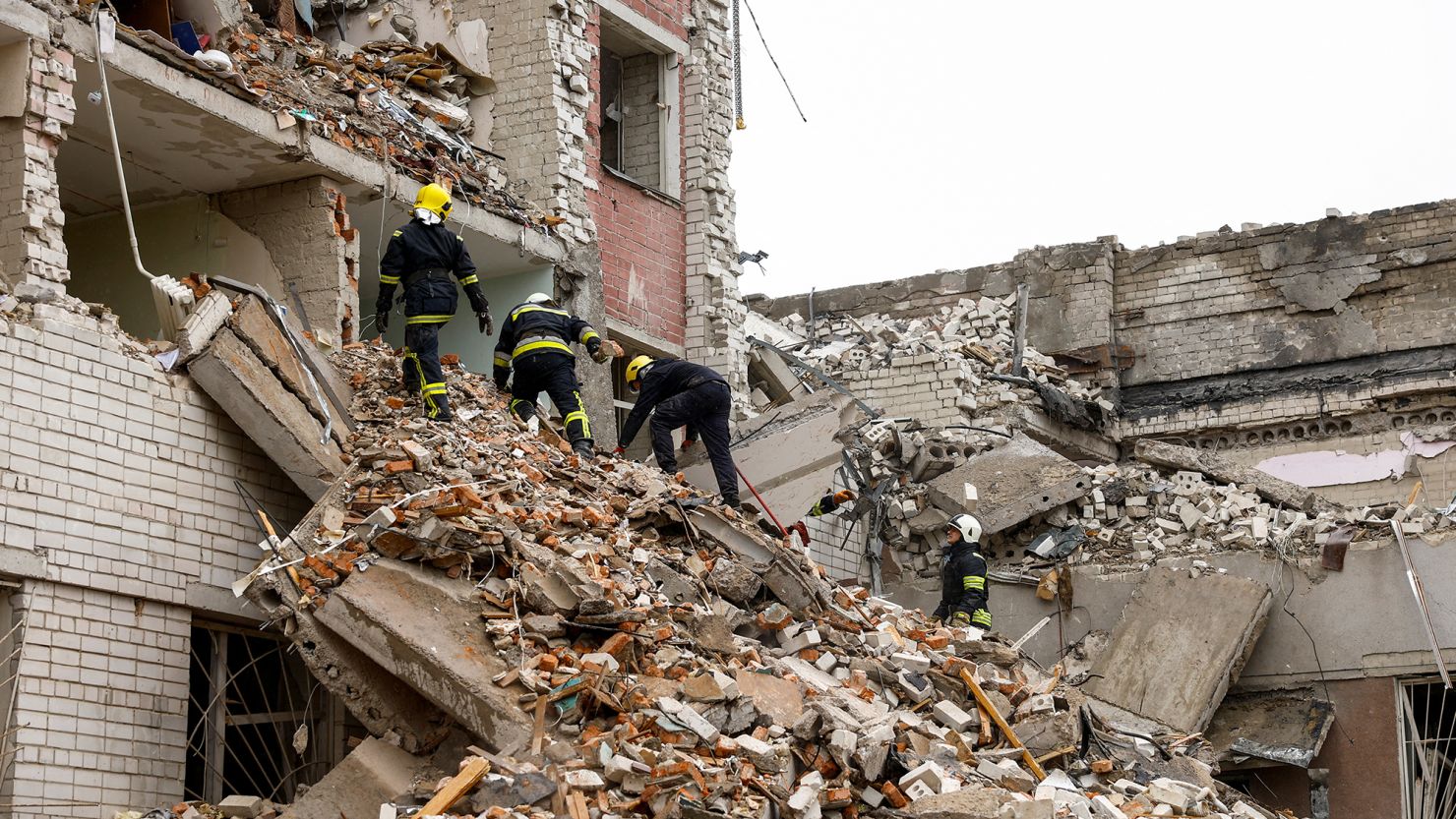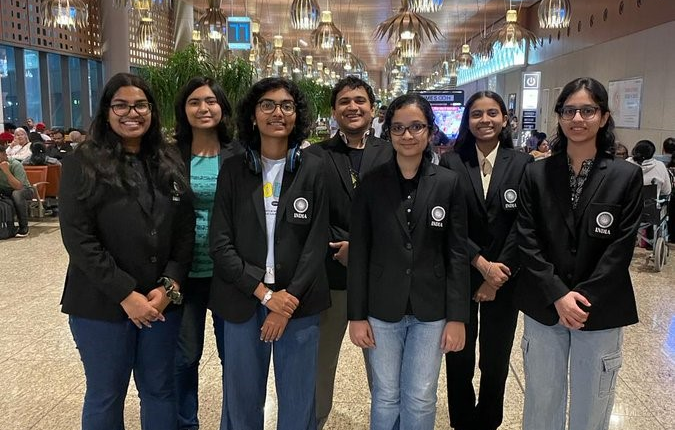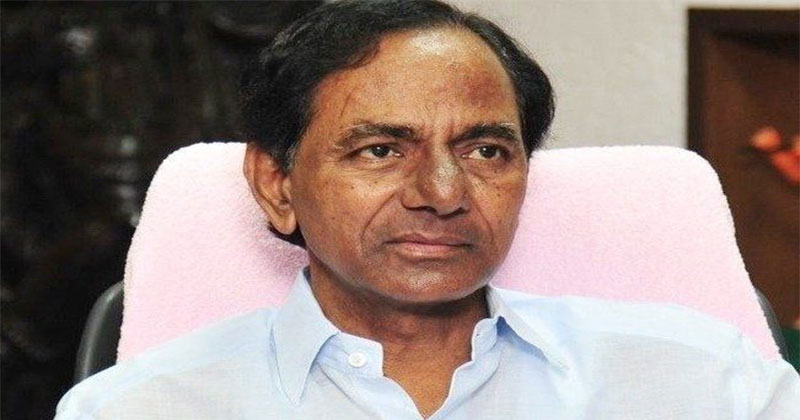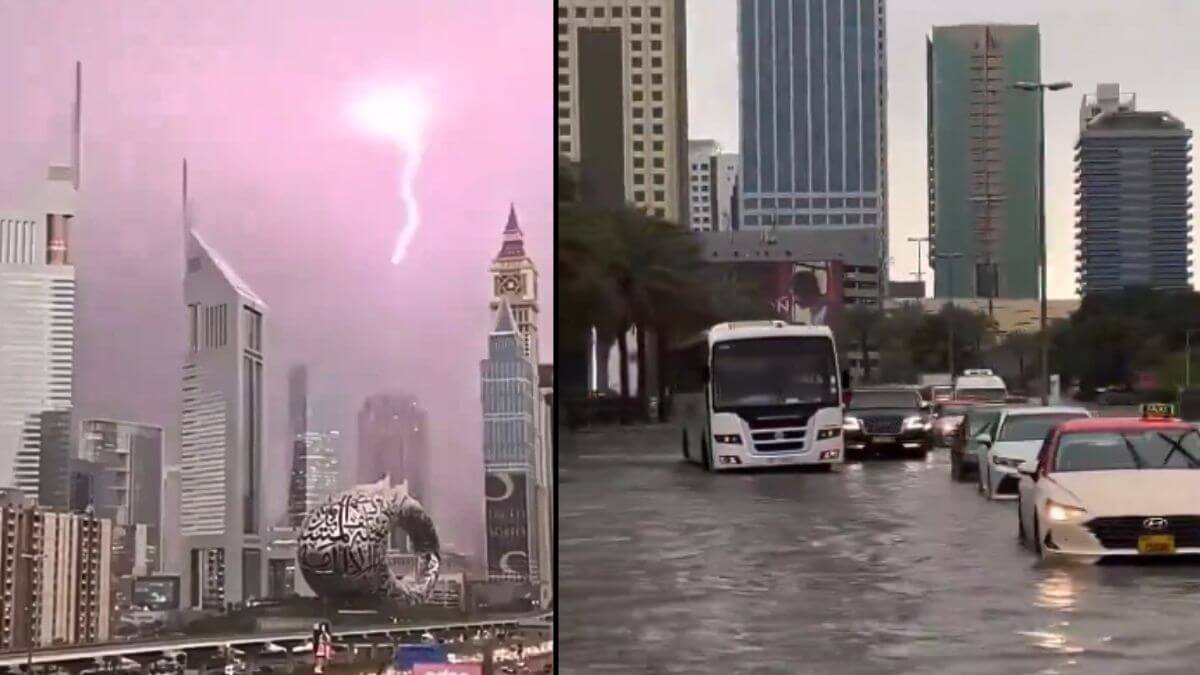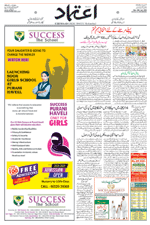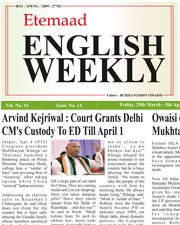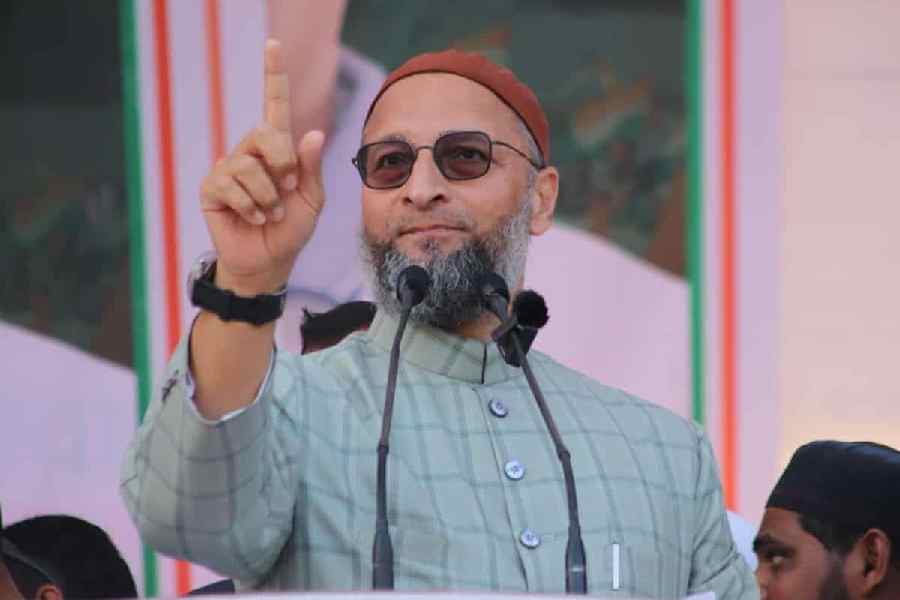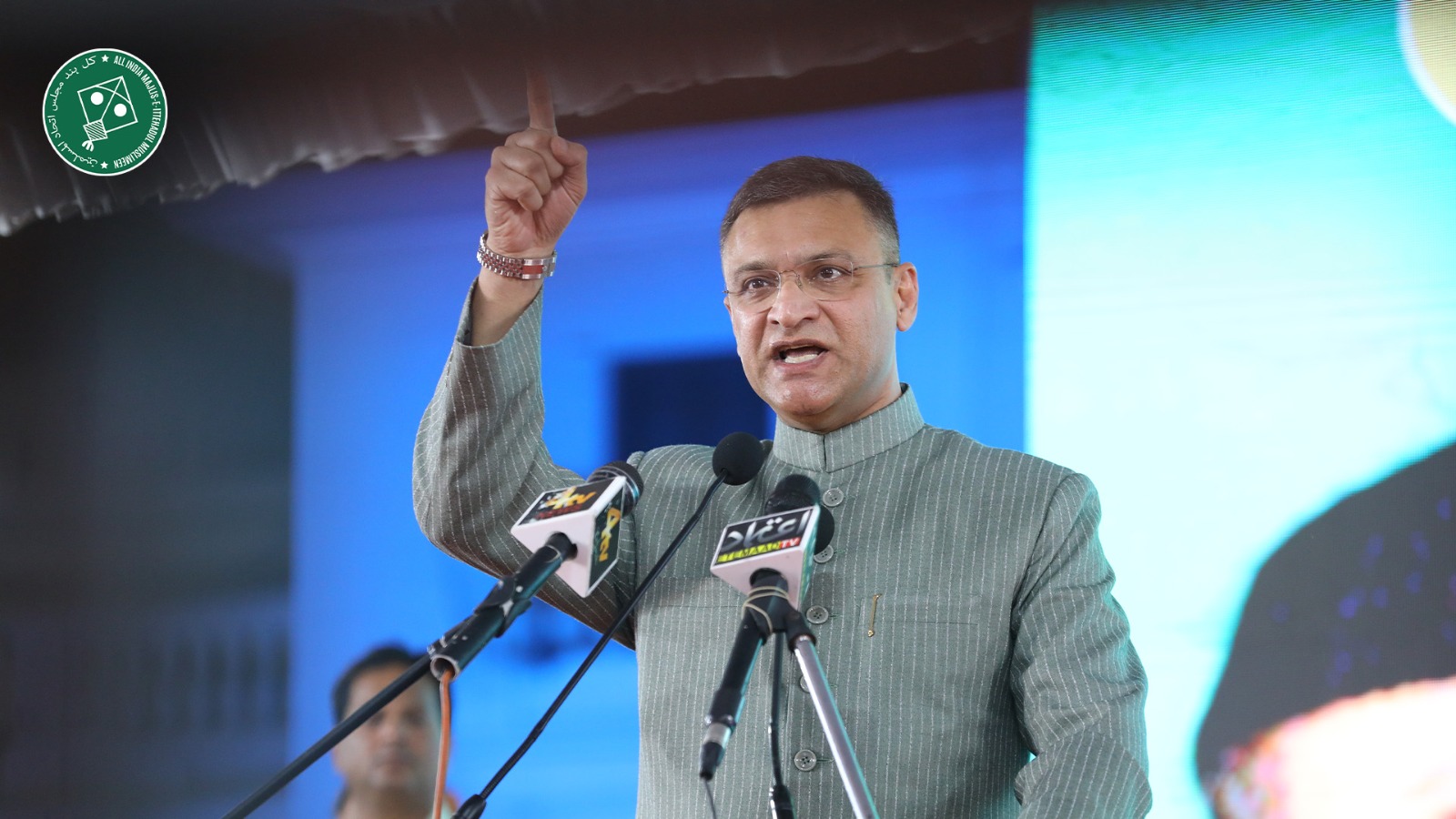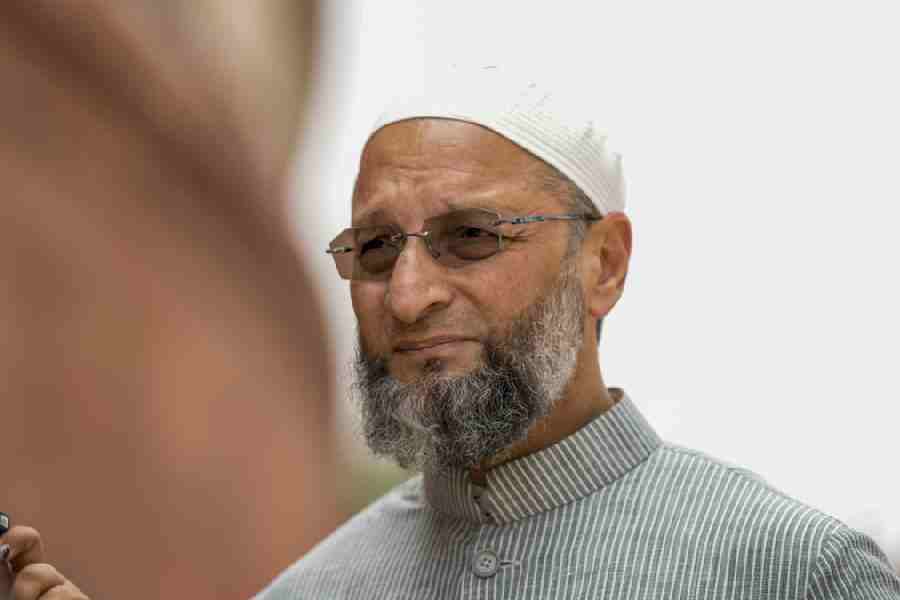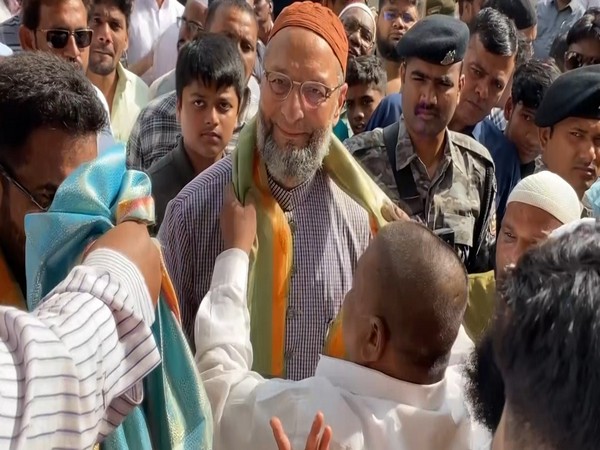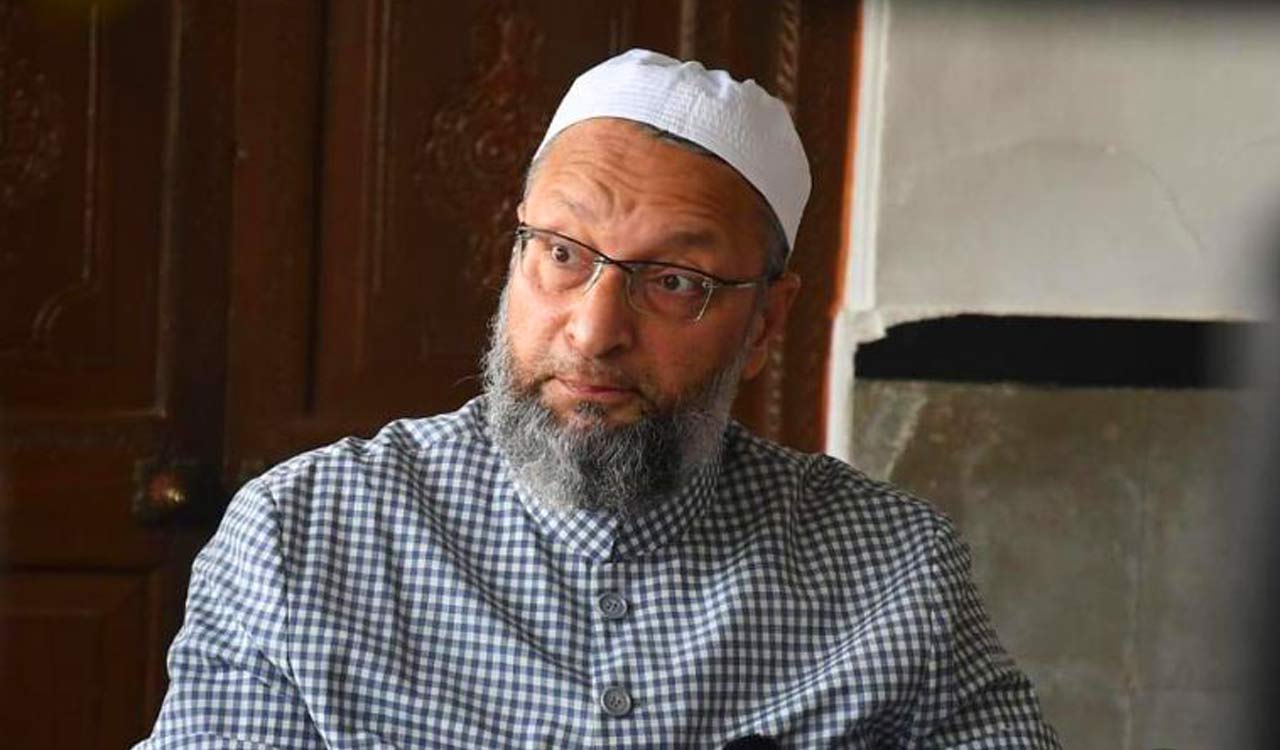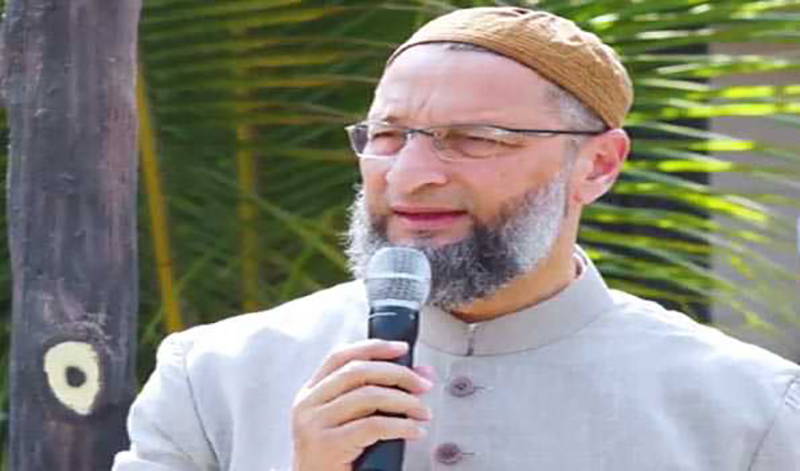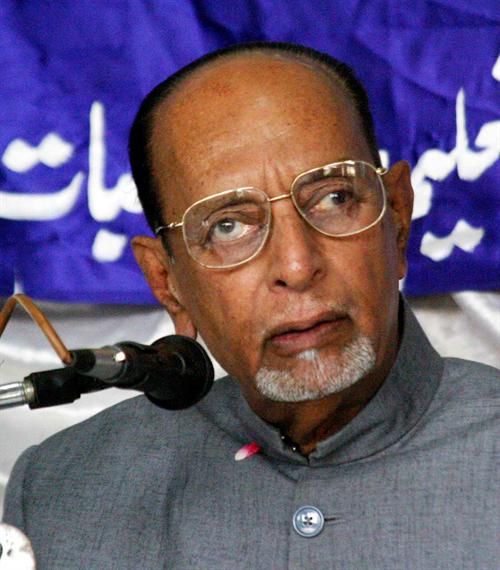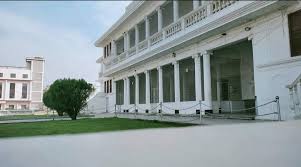Hyperloop from Mumbai to Pune in 25 minutes by 2024
Mon 19 Feb 2018, 21:27:52
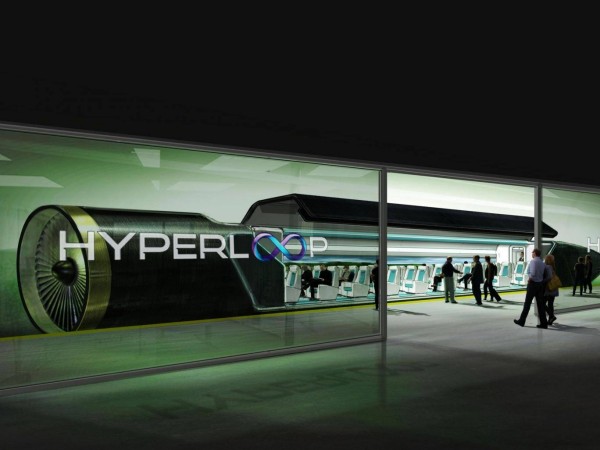
If you thought the Mumbai-Pune expressway was the best thing that could ever happen in Maharashtra, prepare to have your expectations completely blown away. Because five to seven years from now, Virgin Group founder Richard Branson plans to inaugurate a hyperloop linking the two cities that will cut down travel time to 25 minutes, or less. The icing on the cake is that you won't have to break a bank for the privilege.
What's a hyperloop? It's a revolutionary train service that envisions loading passengers and cargo into a pod that will accelerate gradually via electric propulsion through a low-pressure tube. According to Sir Richard Branson, Chairman of Virgin Hyperloop One, the company building this system, the pod will then quickly lift above the track using magnetic levitation and glide at airline speeds for long distances due to ultra-low aerodynamic drag. In fact, with speeds 2-3 times faster than high-speed rail, hyperloop can connect far-flung Indian cities as if they were metro stops.
The technology for Hyperloop One is currently in the early stages of the commercialisation phase after the successful completion of the world's first full scale hyperloop systems test at their DevLoop site outside Las Vegas. India just might be the first market for Hyperloop One, ahead of the Middle East, Northern Europe and the US, where the company is considering rolling out its service.
"We have always believed that India would be a tremendous market for hyperloop. The Pune-Mumbai route is one of the strongest economic cases we have seen to-date," said Virgin Hyperloop One CEO Rob Lloyd. So, yesterday, on the first day of the Magnetic Maharashtra Convergence 2018-a three-day summit inaugurated by Prime Minister Narendra Modi in Mumbai-Branson signed the Framework Agreement to begin the development of the route, starting with an operational demonstration track.
The proposed hyperloop route will link central Pune, Navi Mumbai International Airport, and Mumbai in 25-minutes, and will eventually support 150 million passenger trips annually, saving more than 90 million hours of travel time, and thus transforming lives. The system, boasting the capability to travel up to 1,000 km per hour, will also have the potential for the rapid movement of palletized freight and light cargo, creating a robust backbone for on-demand deliveries, supply chains, and next-generation logistics.
All in all, Branson claims that based on the team's studies, the hyperloop could result in $55 billion (Rs 3.5 lakh
crore) in socio-economic benefits over 30 years of operation. That apart, the 100% electric system could reduce greenhouse gas emissions by up to 150,000 tons annually.
crore) in socio-economic benefits over 30 years of operation. That apart, the 100% electric system could reduce greenhouse gas emissions by up to 150,000 tons annually.
The project will begin with a six-month in-depth feasibility study, which will build upon the findings of the pre-feasibility study signed in November 2017 between the Pune Metropolitan Regional Development Authority and Virgin Hyperloop One and define the route alignment including environmental impact, the regulatory framework, cost and funding model recommendations, etc. Once this is completed, followed by the procurement stage to determine the public-private partnership structure, the construction of the hyperloop route will commence. The demonstration track will be constructed in two to three years and serve as a platform for testing, certifying, and regulating the system for commercial operations. The second phase will target to complete construction of the full Pune-Mumbai route by 2025. Future projects could also extend the route to link central Pune with the New Pune International Airport and Jawaharlal Nehru Port in Mumbai with Pune's industrial economic zones.
Said Chief Minister Devendra Fadnavis, "The Pune-Mumbai hyperloop route will be an economic catalyst for the region and create tens of thousands of jobs for India's world-class manufacturing, construction, service, and IT sectors and aligns with Make in India initiatives." According to officials, the project will ultimately be executed by a public-private partnership, which will save taxpayer money.
In fact, Branson claims the hyperloop can be set up at much lower cost than a high-speed rail network. "Price point will be at level of any other alternative mode of transportation. We are not pricing this as something only for wealthy, this will be available to the masses," he told the media, adding "I believe Virgin Hyperloop One could have the same impact upon India in the 21st century as trains did in the 20th century."
Actually, the company hopes to eventually set up a network, creating "the largest connected urban area in the world by linking nearly 75 million people across the three metropolitan areas"of the states of Maharashtra, Karnataka and Andhra Pradesh". The Memorandums of Understanding signed with the latter states governments last year to conduct feasibility studies were a step in this direction. If things fall in place, travel between Mumbai, Bengaluru, Chennai, Visakhapatnam, and Amaravati could take place in under two hours in the next decade.
No Comments For This Post, Be first to write a Comment.
Most viewed from National
Most viewed from World
AIMIM News
Owaisi Begins Election Campaign in Hyderabad
Apr 13, 2024
Bring back Indian workers in Israel: Owaisi
Apr 13, 2024
Darussalam to be closed tomorrow
Apr 06, 2024
Latest Urdu News
Most Viewed
May 26, 2020
Do you think Ruturaj Gaikwad would be a good captain for Chennai Super Kings?
Latest Videos View All
Like Us
Home
About Us
Advertise With Us
All Polls
Epaper Archives
Privacy Policy
Contact Us
Download Etemaad App
© 2024 Etemaad Daily News, All Rights Reserved.

